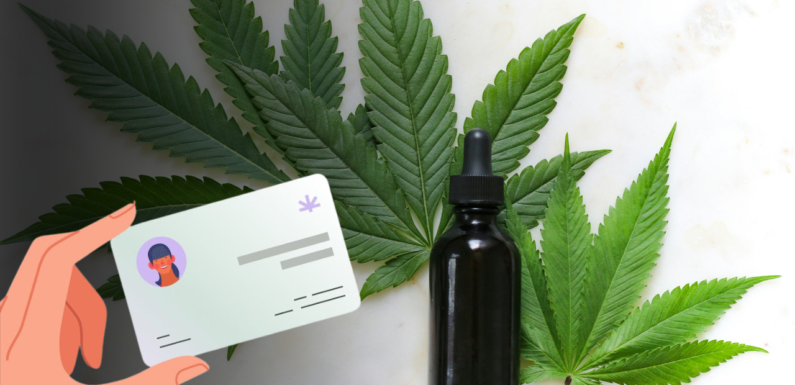
In recent years, the concept of medical marijuana has shifted from a controversial topic to a widely accepted form of treatment for various health conditions. At the forefront of accessing medical cannabis products is the MMJ Card, a document that grants individuals legal access to these alternative remedies. But what exactly is an MMJ Card, and how does one go about obtaining it? Let’s delve into the details.
What is an MMJ Card?
An MMJ Card, short for Medical Marijuana Card, is an official document issued by the state that allows individuals to purchase and use medical marijuana for therapeutic purposes. It serves as proof that the cardholder has been evaluated by a qualified healthcare provider and has met the criteria necessary to qualify for medical marijuana use under state law.
The Benefits of an MMJ Card
Having an MMJ Card offers several advantages for individuals seeking relief from certain health conditions:
Legal Protection: Possessing an MMJ Card provides legal protection against prosecution for possession and use of medical marijuana in states where it is permitted.
Access to Regulated Products: With an MMJ Card, individuals gain access to regulated medical cannabis products, ensuring quality, safety, and consistency in their treatment.
Affordability: In some states, individuals with an MMJ Card may qualify for discounted prices on medical marijuana products, making treatment more accessible.
Personalized Treatment: Medical marijuana treatment plans can be tailored to individual needs, with different strains and delivery methods available to address specific symptoms and conditions.
How to Get an MMJ Card Easily
The process of obtaining an MMJ Card varies from state to state, but generally involves the following steps:
Qualification: Individuals must have a qualifying medical condition as defined by state law to be eligible for an MMJ Card. Common qualifying conditions include chronic pain, cancer, epilepsy, and PTSD.
Medical Evaluation: Patients must undergo a medical evaluation by a licensed healthcare provider who is registered with the state’s medical marijuana program. During the evaluation, the healthcare provider will assess the patient’s medical history and determine whether medical marijuana is an appropriate treatment option.
Documentation: Patients may need to provide medical records and other documentation to support their eligibility for an MMJ Card.
Application: Once approved by a healthcare provider, patients must submit an application to the state’s medical marijuana program. This application typically includes personal information, medical history, and a recommendation from the healthcare provider.
Approval and Issuance: If the application is approved, the state will issue an MMJ Card to the patient, allowing them to purchase and use medical marijuana legally.
Conclusion
The MMJ Card serves as a gateway to accessing medical marijuana treatment for individuals with qualifying health conditions. By understanding the process of obtaining an MMJ Card and the benefits it offers, individuals can take the first step towards exploring alternative remedies for their medical needs. Whether it’s managing chronic pain, alleviating symptoms of anxiety, or improving overall wellness, medical marijuana may hold the key to relief for many individuals.

